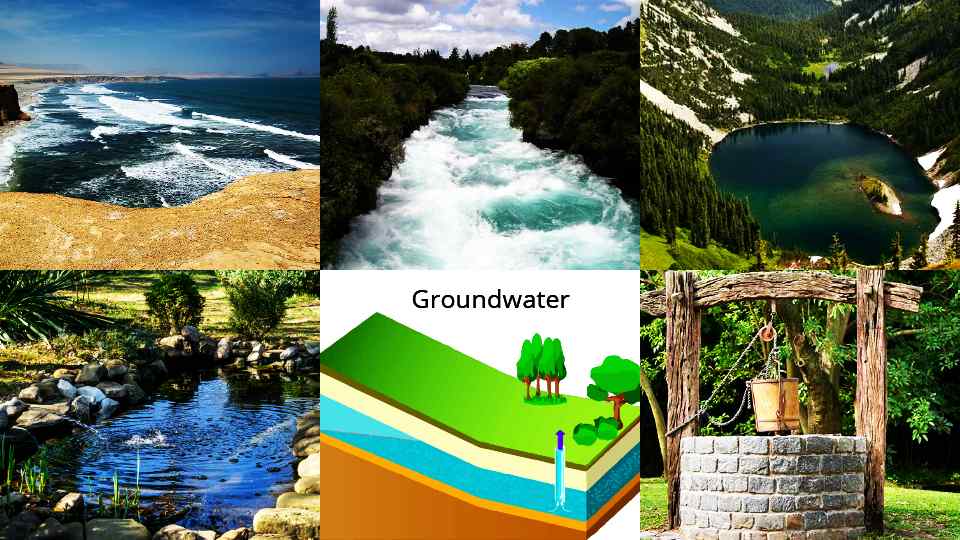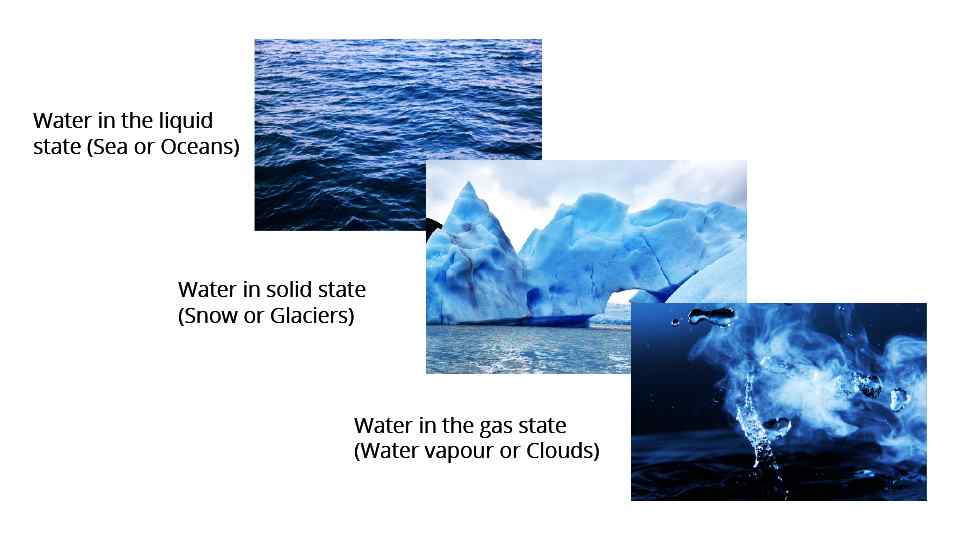EVS Notes for Chapter 3 Water O Water Class 3 - FREE PDF Download
FAQs on CBSE Notes Class 3 EVS Chapter 3 - Water O Water - 2025-26
1. How can I prepare our need for water Std 3 question answer?
Follow the solutions given with the worksheets. Find the answers to these questions in the NCERT solutions Class 3 EVS Chapter 3 for this chapter. Focus on how the experts have framed answers and learn the techniques. This is how you can answer such questions with precision.
2. What will I learn from studying this chapter?
You will learn the importance of water in our daily lives. Gain knowledge regarding storing water and using it for different purposes. There are activities using water too. Find out how much we need water to survive.
3. What is the best way to prepare Class 3 EVS Chapter 3?
Go through the textbook illustration first. Use the revision notes for resolving your queries. Solve and answer all the questions in the exercises and worksheets. Prepare this chapter in an effective way following these techniques and score brilliantly.
4. How can students relate to the concept of water in their daily lives?
Students can relate to the concept of water in their daily lives by understanding how they use water for drinking, bathing, cleaning, and watering plants. They can also observe the water cycle through rain and understand its impact on their surroundings.
5. Why is water conservation essential, and how can students contribute to it?
Water conservation is vital to ensure a sustainable future and to preserve this valuable resource. Students can contribute to water conservation by practicing responsible water usage, avoiding wastage, fixing leaks, and spreading awareness about the importance of water conservation.


























